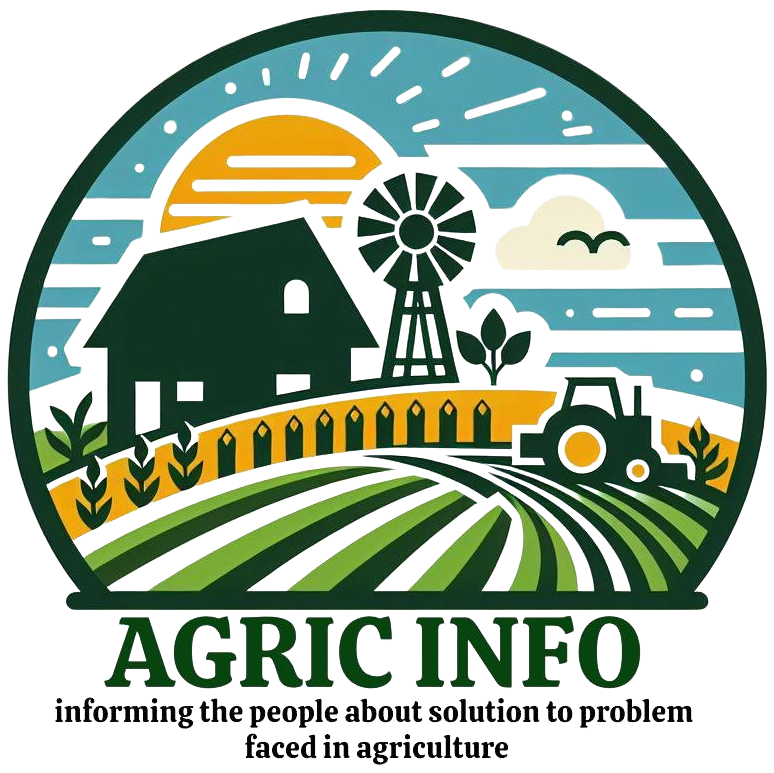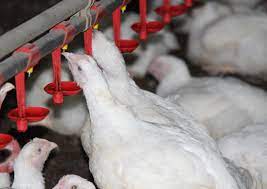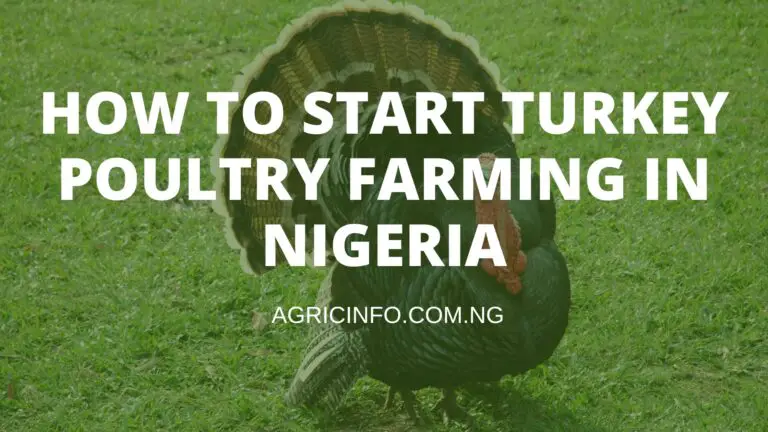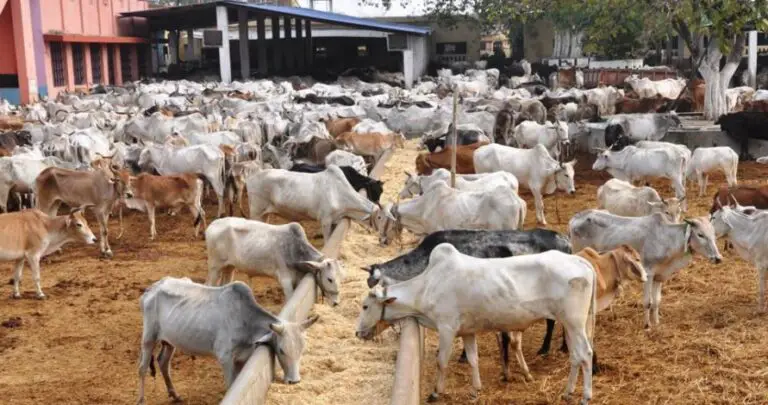6 Best Types of Farming in Nigeria: Complete Guide for Beginners
Before you go into farming, you need to know and determine the types of farming in Nigeria you want to venture into. That’s why we have compiled this guide for you.
Farming in Nigeria plays a role in the country’s economy, providing livelihoods for many Nigerians and contributing significantly to the nation’s revenue.
Moreover, there are various types of farming practices in Nigeria, each with its unique characteristics and benefits.
In this article, we will discuss the different types of farming in Nigeria, and the number of farmers in the country to give you valuable insights on what farming looks like in Nigeria.
Check out How to Start Plantain Farming in Nigeria 2024: Expert Guide
Types of Farming in Nigeria
1. Crop Farming:
Crop farming is the most common type of farming in Nigeria, with a majority of households engaged in this practice.
Major crops cultivated in Nigeria include maize, cassava, guinea corn, and yam. These crops are grown for both domestic consumption and export purposes.
2. Livestock Farming:
Livestock farming involves the rearing of animals for various purposes, such as meat, milk, eggs, and hides.
In Nigeria, livestock farming is an important sub-sector of agriculture, contributing to the country’s GDP. Livestock raised in Nigeria include poultry birds, goats, sheep, cattle, pigs, and equids
3. Fish Farming:
Nigeria has a significant potential for fish farming due to its vast water resources.
Fish farming, also known as aquaculture, involves the breeding, rearing, and harvesting of fish in controlled environments such as ponds, tanks, or cages.
It is a lucrative farming practice in Nigeria, with catfish being the most commonly farmed fish species.
4. Poultry Farming:
Poultry farming is one of the types of farming in Nigeria that focuses on the rearing of domestic birds, primarily chickens, for meat and egg production.
It is a popular farming practice in Nigeria, with a large number of poultry farms across the country.
Poultry farming provides a steady source of income for many farmers and contributes to the country’s food security.
5. Snail Farming:
Snail farming, also known as heliculture, involves the rearing of snails for commercial purposes.
Nigeria has a favorable climate and suitable land for snail farming, making it a profitable farming for farmers.
Snails are highly nutritious and have a high demand in local and international markets.
6. Beekeeping:
Beekeeping, also known as apiculture, is another types of farming in Nigeria that involves the management of bees for honey production and other bee-related products.
Nigeria has a rich biodiversity, making it an ideal location for beekeeping.
Beekeeping not only provides honey but also contributes to pollination and biodiversity conservation.
What is the Number of Farmers in Nigeria
The exact number of farmers in Nigeria is difficult to determine due to various factors such as informal farming practices and limited data.
However, agriculture remains a significant sector in Nigeria, employing a substantial portion of the population.
According to recent estimates on Wikipedia, agriculture accounted for up to 35% of total employment in Nigeria
People also search for How to Start Catfish Farming in Nigeria 2024: Expert Guide
Wrap Up
Farming in Nigeria has a wide range of practices, including crop farming, livestock farming, fish farming, poultry farming, snail farming, and beekeeping.
Each types of farming in Nigeria has its own unique characteristics and benefits.
The number of farmers in Nigeria is significant, highlighting the importance of agriculture in the country’s economy.
Whether you are interested in starting a farm or simply want to learn more about farming in Nigeria and understand the different types of farming in Nigeria we hope this article has been helpful.
If you have any further questions or need additional guidance, feel free to leave a comment below
Thank you for reading.








